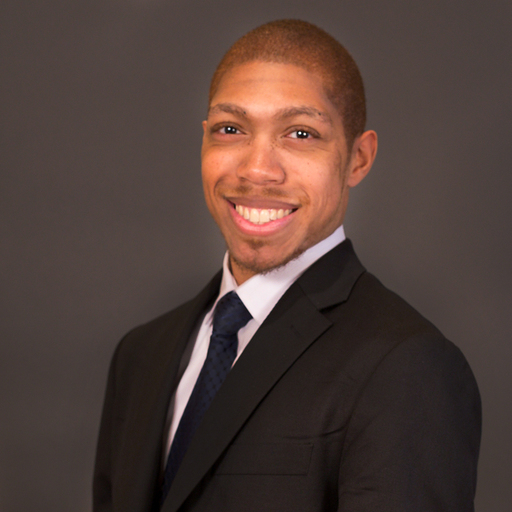Days Later, BBC Chief Apologizes After Reporter Uses Racial Slur

The BBC has faced backlash following a reporter’s use of a racial slur during a report. On Tuesday July 28, on BBC’s Points West, social affairs correspondent Fiona Lamdin was reporting on an alleged, unprovoked racist attack on a British healthcare worker when she used the N-word. Lamdin specifically used the term when describing what the attackers said to the victim during the ordeal. In the days following the incident, the BBC has defended Lamdin, but following significant backlash, BBC chief Tony Hall is now apologizing for the incident.
Before today, the BBC had defended the use of the slur, saying that it had be given the go-ahead from senior editors and that it was justified by the content of the story. In a previously released statement, a spokeswoman said:
This was a story about a shocking unprovoked attack on a young black man. His family told the BBC about the racist language used by the attackers and wanted to see the full facts made public.
However, per Deadline, the BBC has received more than 18,000 complaints, with staff members also voicing their concerns. The situation has also led to the resignation of BBC Radio 1Xtra presenter Sideman.
In an email sent out to BBC staff today (via Deadline), Tony Hall stated that the company’s intention was to highlight an alleged racist attack. And while he says the BBC aimed to approached it with good intentions, he notes that a “different approach” should have been used:
It should be clear that the BBC’s intention was to highlight an alleged racist attack. This is important journalism which the BBC should be reporting on and we will continue to do so. Yet despite these good intentions, I recognise that we have ended up creating distress amongst many people. The BBC now accepts that we should have taken a different approach at the time of broadcast and we are very sorry for that. We will now be strengthening our guidance on offensive language across our output.
Tony Hall also mentioned that it’s important for the BBC – and other news organizations – to be able to listen and learn:
Every organisation should be able to acknowledge when it has made a mistake. We made one here. It is important for us to listen – and also to learn. And that is what we will continue to do.
This marks one of several recent incidents in which a media company or personality has had to acknowledge the use of racial slurs, whether it be recent or in the past. Fox News recently had to address a similar situation when a writer for Tucker Carlson Tonight was revealed to have posted prejudiced language online. Also, American radio personality Howard Stern recently addressed his past use of the N-word, while TV stars like Hannah Brown and Ryan Guzman also issued apologies after using the word.
Keep it here at CinemaBlend for more news from the world of TV and film.
CINEMABLEND NEWSLETTER
Your Daily Blend of Entertainment News

Erik Swann is a Senior Content Producer at CinemaBlend. He began working with the publication in 2020 when he was hired as Weekend Editor. Today, he continues to write, edit and handle social media responsibilities over the weekend. On weekdays, he also writes TV and movie-related news and helps out with editing and social media as needed. He graduated from the University of Maryland, where he received a degree in Broadcast Journalism. After shifting into multi-platform journalism, he started working as a freelance writer and editor before joining CB. Covers superheroes, sci-fi, comedy, and almost anything else in film and TV. He eats more pizza than the Teenage Mutant Ninja Turtles.
Most Popular






